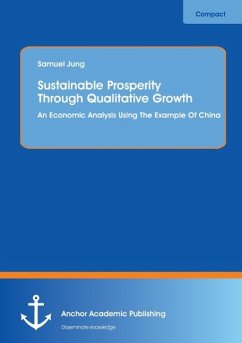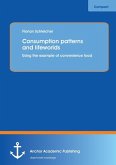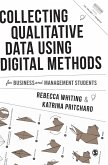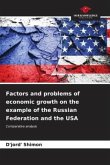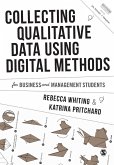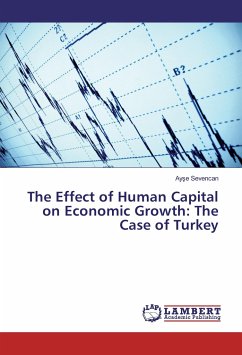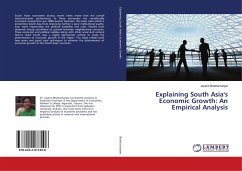Shall we produce more or smarter? This study with the title `Sustainable Prosperity Through Qualitative Growth An Economic Analysis Using The Example Of China ` analyzes the theoretical framework of economic growth and how it leads to sustainable prosperity. It propounds the notion of prosperity and sustainable development and thus explains the social, ecological and subsequently political dimension of economic growth. The found insights are applied to the real-life example of the Chinese economic development of the past three decades to draw conclusions and explain why prosperity can be sustainable and which way leads to this goal.
Hinweis: Dieser Artikel kann nur an eine deutsche Lieferadresse ausgeliefert werden.
Hinweis: Dieser Artikel kann nur an eine deutsche Lieferadresse ausgeliefert werden.

